The Order of the Daughters of the King® is an order for women who are communicants of the Episcopal Church, churches in communion with it, or churches in the historic episcopate but not in communion with it. Our membership currently includes women in the Anglican, Episcopal, Lutheran (ELCA) and Roman Catholic churches.
We are Christian women, both lay and ordained, who are strengthened through the discipline of a Rule of Life and supported through the companionship of our sisters. We are all at different stages of our Christian journey – some have just begun and others have been on this path for a long time. Regardless of where we are on our sacred journeys, our primary goal is the same – to know Jesus Christ and to make Him known to others.
Our Anglican Tradition
- Recognizes episcopal (bishop’s) oversight.
- Believes that Holy Scripture contains all things necessary for salvation.
- Acknowledges the gift of the Holy Spirit in Baptism, the real presence of our Lord in the Holy Eucharist, and worship according to The Book of Common Prayer (or the standard liturgies of Lutheran, Roman Catholic, or other Anglican churches that sponsor chapters)
The Rule of Life
Reaffirming the promises made at Baptism and Confirmation, a Daughter pledges herself to a life-long program of prayer, service and evangelism. She receives support in this commitment from a worldwide community of like-minded women.
In solidarity with one another, all Daughters everywhere make the same promises upon their admission to The Order:
To obey the two Rules of The Order: The Rule of Prayer and the Rule of Service.
- To offer at all times loyal aid to our clergy and parish to spread Christ’s kingdom.
- To wear faithfully the cross of The Order.
- To work for the purposes of The Order as God may give us the opportunity.
The Sacred Journey

Margaret J. Franklin instituted The Order on Easter eve, 1885. The idea grew out of her senior Bible class for young women at the Church of the Holy Sepulcher, now Church of the Resurrection in New York City. The first chapter was called Alpha Chapter. The formation of other groups and their desire to affiliate with the original Daughters of the King quickly increased the number of chapters. The Rev. Ralph Wood Kenyon, Rector of the Church of the Holy Sepulcher, was the first national chaplain for The Order. He was a man of vision and when the number of chapters reached 50, he participated in drafting the first constitution. It was formally adopted during the first council meeting in 1892. One year later, on October 25, 1893, the first national convention was convened in Baltimore, Maryland. Nearly 200 delegates attended the convention.
They represented 250 chapters and a total membership of approximately 8,000. The Order was originally incorporated in New York in 1917 under the official name “The Order of the Daughters of the King, Inc.” In 1986 it was incorporated again under the laws of the State of Georgia, where the National Office is now located. Significant in the annals of our Order was the establishment of the Junior Division. In 1996 Mary C. Davenport formed the Alpha Chapter of Junior Daughters with girls from the Sunday school class of her parish, Emmanuel Episcopal Church in Washington, DC.
The Motto of The Order
For His Sake
I am but one, but I am one
I cannot do everything, but I can do something
What I can do, I ought to do
What I ought to do, by the grace of God, I will do
Lord, what will have you me do?
Vision Statement of The Order
Empowered by the Holy Spirit, our vision as Daughters of the King is to know Jesus Christ, to make Him known to others, and to become reflections of God’s love throughout the world.
The Cross of The Order
Every day the emblem of The Order: a silver pin with the form of a modified Greek Fleury cross, is worn by members to remind them of their vows. The Latin inscription, “MAGNANIMITER CRUCEM SUSTINE” translates to “with heart, mind and spirit uphold and bear the cross.” The initials “FHS” at the base of the cross means “For His Sake.” The emblem has been trademarked for the exclusive use of The Order.
